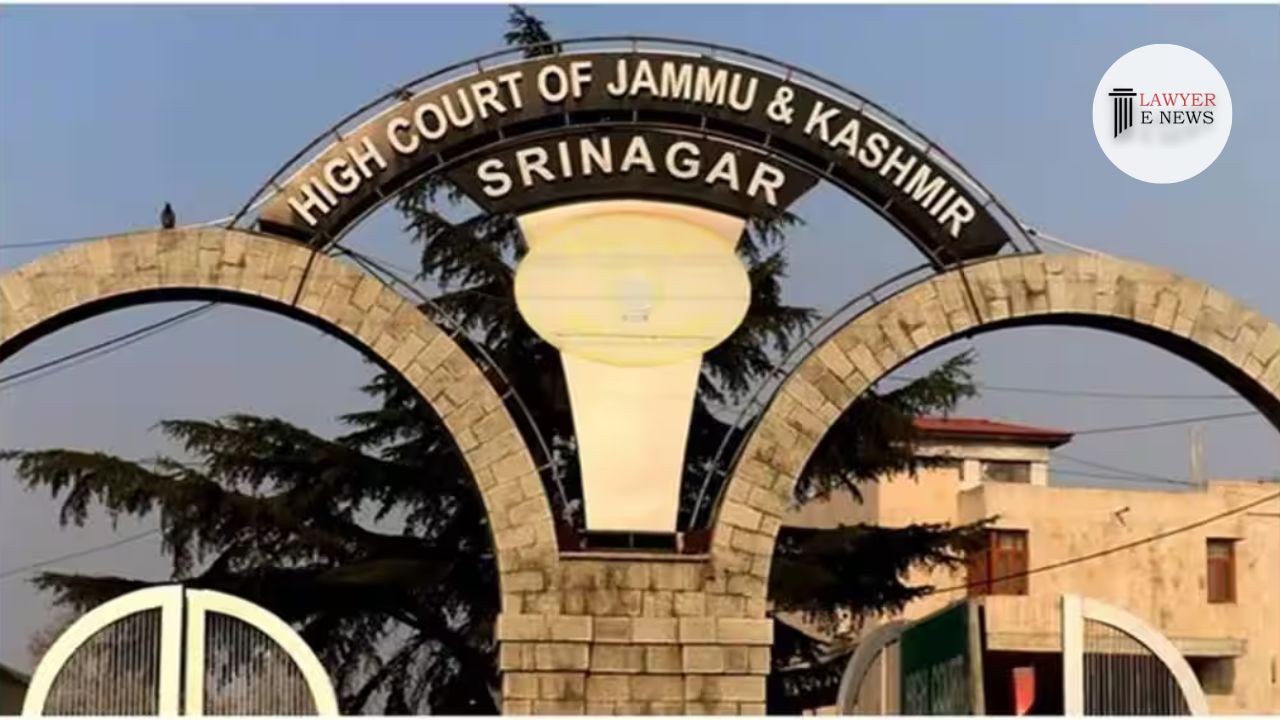-
by Admin
15 February 2026 5:35 AM



In a significant judgment, the Hon'ble Mr. Justice Mohan Lal presiding over the bench acquitted the accused in a criminal breach of trust case under Section 409 of the Ranbir Penal Code (RPC). The verdict was delivered on [date of decision not mentioned], wherein the court highlighted the prosecution's failure to establish the guilt of the accused beyond reasonable doubt.
The case revolved around allegations of misappropriation of funds, and the prosecution had charged the accused with criminal breach of trust. However, the court found the evidence provided by the prosecution to be weak, fragile, and lacking in credibility, leading to doubts about the entire prosecution case.
The judge emphasized the importance of proving two essential elements for the offence under Section 409 RPC - the entrustment of money and dishonest misappropriation. The court quoted legal precedents, stating, "To prove the offence of criminal breach of trust under Section 409 IPC, the prosecution has to prove, firstly, entrustment of the property to the accused, and secondly, dishonest misappropriation of the said property by the accused."
Citing specific judicial precedents, the court reiterated that "Mere misappropriation will not amount to criminal breach of trust. It must be dishonest." The judgment drew parallels with previous cases, emphasizing the necessity for the prosecution to provide sufficient and cogent evidence to prove the criminal conspiracy and misappropriation of money.
In its decision, the court remarked, "The witnesses examined by the prosecution have not been able to put forth in their evidence a ring of truth, so as to inspire confidence in this court. Evidence of prosecution witnesses is therefore qualitatively and quantitatively insufficient to bring the nexus between the petitioner/convict and commission of offences indicted against him."
The acquittal came as a result of the court's assessment, evaluation, and estimation of the evidence presented by the prosecution, which failed to prove a direct link between the accused and the alleged offence. The court deemed it hazardous to hold the petitioner/convict guilty based on the weak, shaky, and unacceptable evidence.
The judgment serves as a reminder of the critical role played by evidence in criminal cases and the necessity for the prosecution to establish guilt beyond reasonable doubt. It also highlights the importance of ensuring the legal principles of entrustment and dishonest misappropriation are met for convictions under Section 409 RPC.
The acquitted petitioner/convict, Bishan Dass, expressed relief following the verdict and thanked his legal team for their diligent defense throughout the trial.
Date of Decision: 19.07.2023
Bishan Dass, vs State of J&K Through SHO Police Station Katra.
